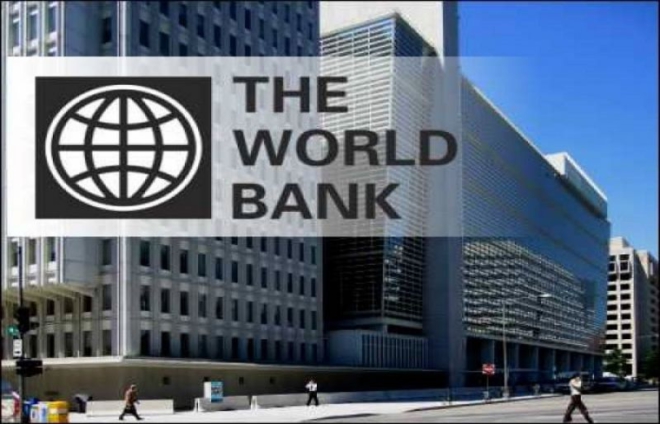The World Bank has released ¢42 million through the Ghana Productive Safety Net Project 2 (GPSNP 2), to support Government of Ghana to pay two cycles of arrears - 75th and 76th cycles - of the Livelihood Empowerment Against Poverty (LEAP) for 344,000 beneficiary households.
The ongoing global economic challenges, which have been worsened by the COVID-19 pandemic, have increased the economic strain domestically, leading to progressive delays in LEAP payments. This has in turn impacted LEAP beneficiaries, notably the poor and vulnerable who naturally suffer the most.
“We are happy to support in the interest of beneficiaries to assist government with the LEAP payments to avoid eroding gains made over the years and safeguard beneficiary households’ wellbeing and their resilience to shocks. These payments will be completed in April 2022 and will help cushion GoG in the interim as efforts are made to identify and provide sustainable, and reliable funding for the LEAP program and social protection interventions, in general” said Pierre Laporte, World Bank Country Director for Ghana, Liberia and Sierra Leone.
The LEAP programme is one of the Government of Ghana’s flagship social protection programmes, initiated in 2008.
The programme seeks to smoothen consumption of targeted extreme poor households, specifically focusing on poor within the following categories: orphans and vulnerable children, the elderly (65years and above) severely disabled, and pregnant women or mothers with children under one year.
The programme also aims to increase access to basic social services like healthcare through the enrolment on the National Health Insurance Scheme, as well as boost human capital by encouraging beneficiary households to enroll their school-going aged children in school.
Per the GPSNP 2 programme design, beneficiary households receive cash grants through electronic payments every two months. The cash benefit sizes differ, depending on how many persons in the household are considered eligible to receive the grant.
The benefit ranges from ¢32 to ¢53 per eligible beneficiary, per month. Over the years, the Government of Ghana has progressively increased the programme’s beneficiary reach from 1,645 beneficiary households in a few districts at initiation in 2008, to a current reach of 344,023 beneficiary households in all districts across the country.
Additionally, government has demonstrated its commitment to the program’s implementation by progressively increasing its contribution to the program.
It is currently funding approximately 80% of the total funding of the programme, with development partners’ support comprising the remaining 20 percent.
The World Bank said particularly within global economic downturns, such as the current one on the back of the COVID-19 pandemic, it will be important for the government to identify ring-fenced funding to ensure regular payments of social welfare programs.
The World Bank added it remained committed to working with the Government of Ghana, through both technical and financial support, in its agenda to support the poor and vulnerable populations, through needed social assistance programming.
Latest Stories
-
Porter remanded over stealing, destroying metal guardrails at Obetsebi Lamptey overpass
7 minutes -
5 remanded over GH¢2.3m and $191,900 fake notes
15 minutes -
Trump says Israel and Iran have agreed to ‘complete and total’ ceasefire
26 minutes -
Cedi holds firm against dollar; one dollar equals GH¢12.15 at forex bureaux
28 minutes -
OIC applauds King Mohammed VI’s leadership in safeguarding Al Quds
30 minutes -
Joyful Ethiopians and Eritreans embrace at rare border reopening
38 minutes -
Police officers charged with murder of Kenyan blogger
56 minutes -
US Tennis star Katrina Adams launches “Own The Arena” book in Accra
1 hour -
US Supreme Court allows Trump to resume deportations to third countries
1 hour -
US says Kilmar Ábrego García will ‘never go free’ after judge orders his release
1 hour -
Ignore Kennedy Agyapong’s claims; MMDCEs support not sponsored – Bawumia’s spokesman
1 hour -
Daily insight for CEOs: Strategic Agility – Thriving amid constant change
2 hours -
Mother and children suffer severe burns, appeal for support for life-saving treatment
2 hours -
‘Flower Power; An Arewa Story from the South’ opens at Worldfaze in Accra
2 hours -
KNUST researchers highlight potential areas for future research in Heterotis (Supaku) culture
2 hours

